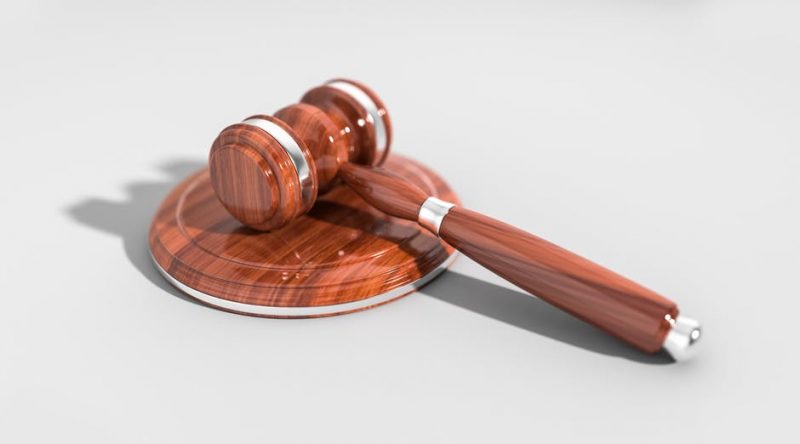When the Good Guy Loses: When to File an Appeal
We’d all like to think that the justice system works the way it supposed to all of or even most of the time, but the sad truth is people are wrongfully convicted all the time. When someone gets sued, the court system does not always get it right either, and a wrongful judgement can literally ruin someone’s life.
That’s why it is important, when you are facing any legal action, whether that is criminal or civil, in a Texas appeals courtroom or in a trial with a Federal judge, you know when to file an appeal and what the procedure looks like.
Determine if you are Eligible
The reality of the appeals process is that not everyone can appeal: just because you have been convicted or a judgement has been entered against you does not mean an appeal is automatic. You must meet certain requirements, depending on whether you are appealing a criminal case or a civil one.
You can appeal a criminal case of you have been convicted in either a bench trial or a jury trial. It is possible that you can appeal in a case where you plead guilty or accepted a plea bargain, but you will have to have a lawyer ask permission for you, and that permission can be denied.
In civil cases, the laws vary by state, but you usually have to let the court know within a relatively short time that you intend to appeal, and you must also provide them with the documentation for your appeal within a certain time period as well. Usually this is between 10 and 30 days.
Know What You Can Dispute
Whether you are appealing a civil or criminal case, there are only certain things you can dispute. For the most part this means that you can dispute the facts and evidence, but you can’t just appeal to get another shot at a better trial.
In the case of a criminal case, this means you can dispute the legal process, the evidence used against you, or the application of the law in your particular case. This means that either someone made an unintentional mistake, someone intentionally framed you, or new evidence has come to light.
In the case of a civil trial, the most common errors are in evidence, although there are sometimes when the application of the law was incorrect or perhaps you have discovered new evidence that proves your side of the story, and the fact that you do not owe the money claimed by the person or company who filed against you.
Get Your Facts Straight
The number one thing you must do in the case of either kind of appeal is to be sure you have your facts straight. Whatever you have discovered or whatever error may have been made, you need to have documentation.
Most of the time before a court of any kind hears your appeal, they will look at the documentation of this evidence to be sure there is a reasonable reason for them to hear your case. The likelihood is they will not waste time on a case where you are clearly guilty or there is no evidence to the contrary.
If you were convicted on more circumstantial evidence, the court may be more inclined to take a second look. While in your initial trial, the burden of proof was on the prosecution or the petitioner, when you appeal you must provide the court with a reason to doubt the previous conviction.
Know the Rules
In most cases, you will have an attorney who helps you file your appeal, unless you have extensive legal experience yourself. However, it is still important for you to know the rules. In many cases, appellate courts will look at the evidence and trial transcripts, but there will be no new testimony.
There are exceptions of course. If new evidence or testimony has come to light, the court may add that to the record or request to hear the new testimony first hand. More often, appeals are really about a paper examination of the evidence already in the record. Of course, there are exceptions to this rule.
You may be allowed to speak for yourself in certain types of appellate trials, but you should consult with your attorney regarding what you can and can’t say, how to address the judge, and other courtroom rules that may apply to your case.
Find the Right Attorney
The rules and the complication of the appellate process is why it is vital that you choose the right attorney. Your trial lawyer may or may not have experience with appeals. If he is a part of a firm, they may have other attorneys who will consult with him and help in filing the appeal.
If not, ask for a recommendation or seek out an attorney with the right kind of experience. The right attorney, one who knows the laws of your area or the federal statutes and who does appeals on a regular basis can give you better advice, determine what kind of evidence you need to proceed, and even help determine if you are eligible for an appeal, and whether the process will be worthwhile.
No matter what your legal circumstances, there may be a way to appeal your conviction or judgement. However, you do need to know if you are eligible and what you can and can’t dispute. Getting your facts straight, knowing the rules and finding the right attorney are all keys to a successful appeal. Follow these steps to determine when and how to file your criminal or civil appeal.




